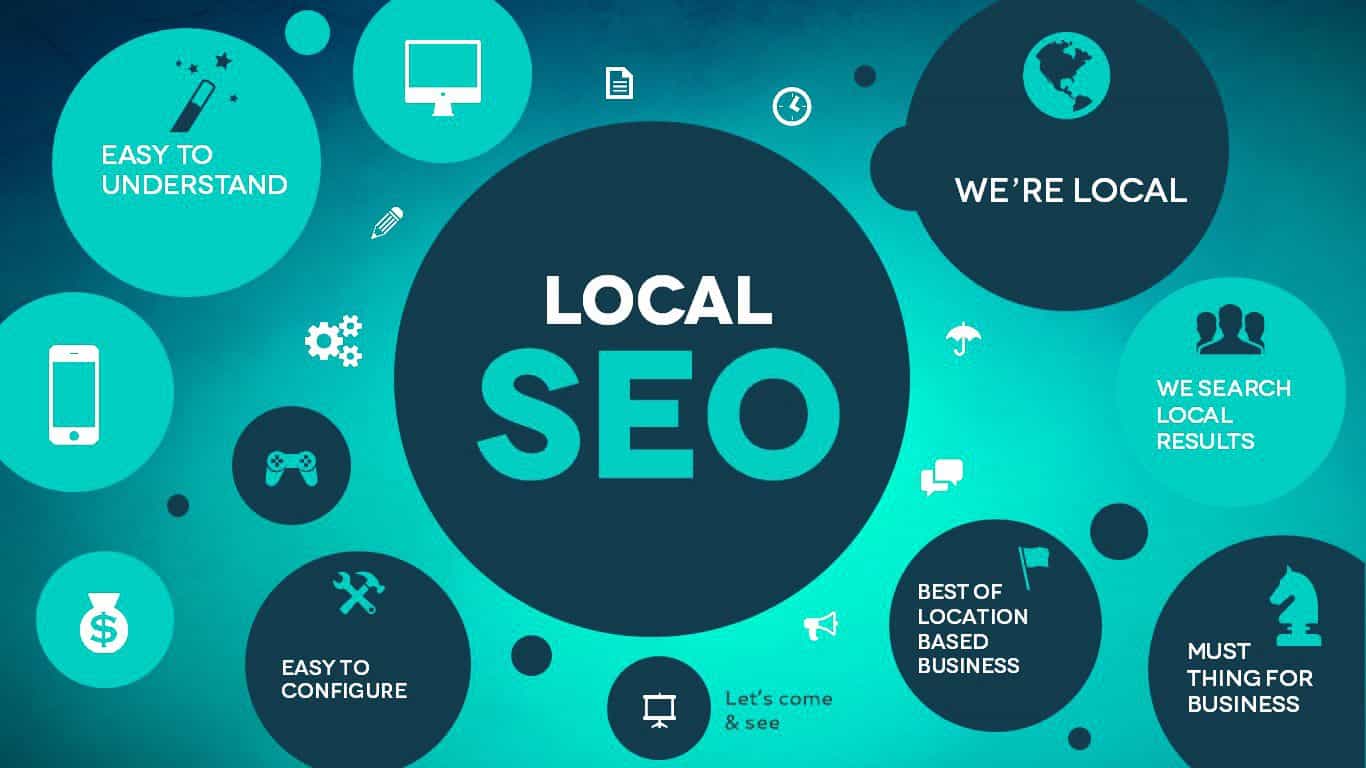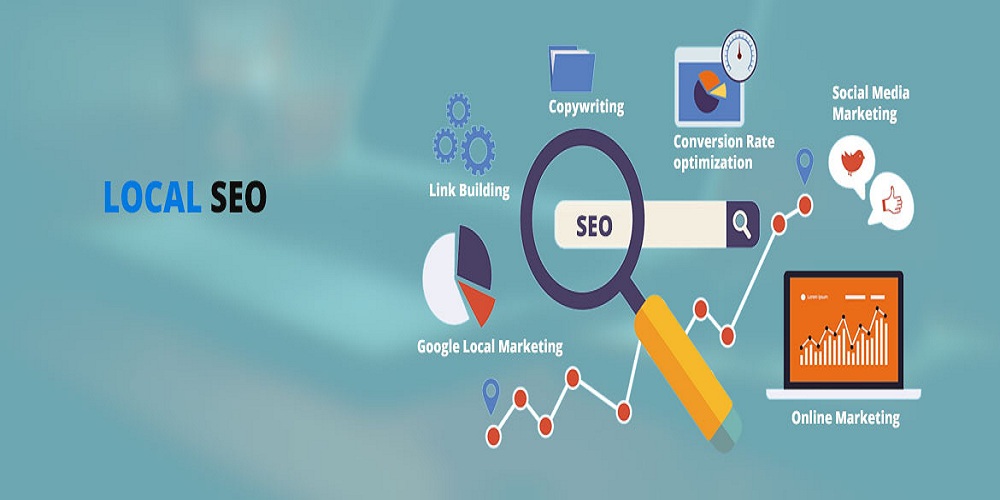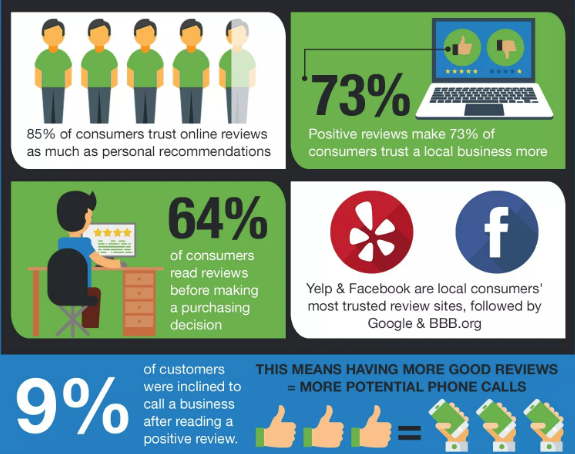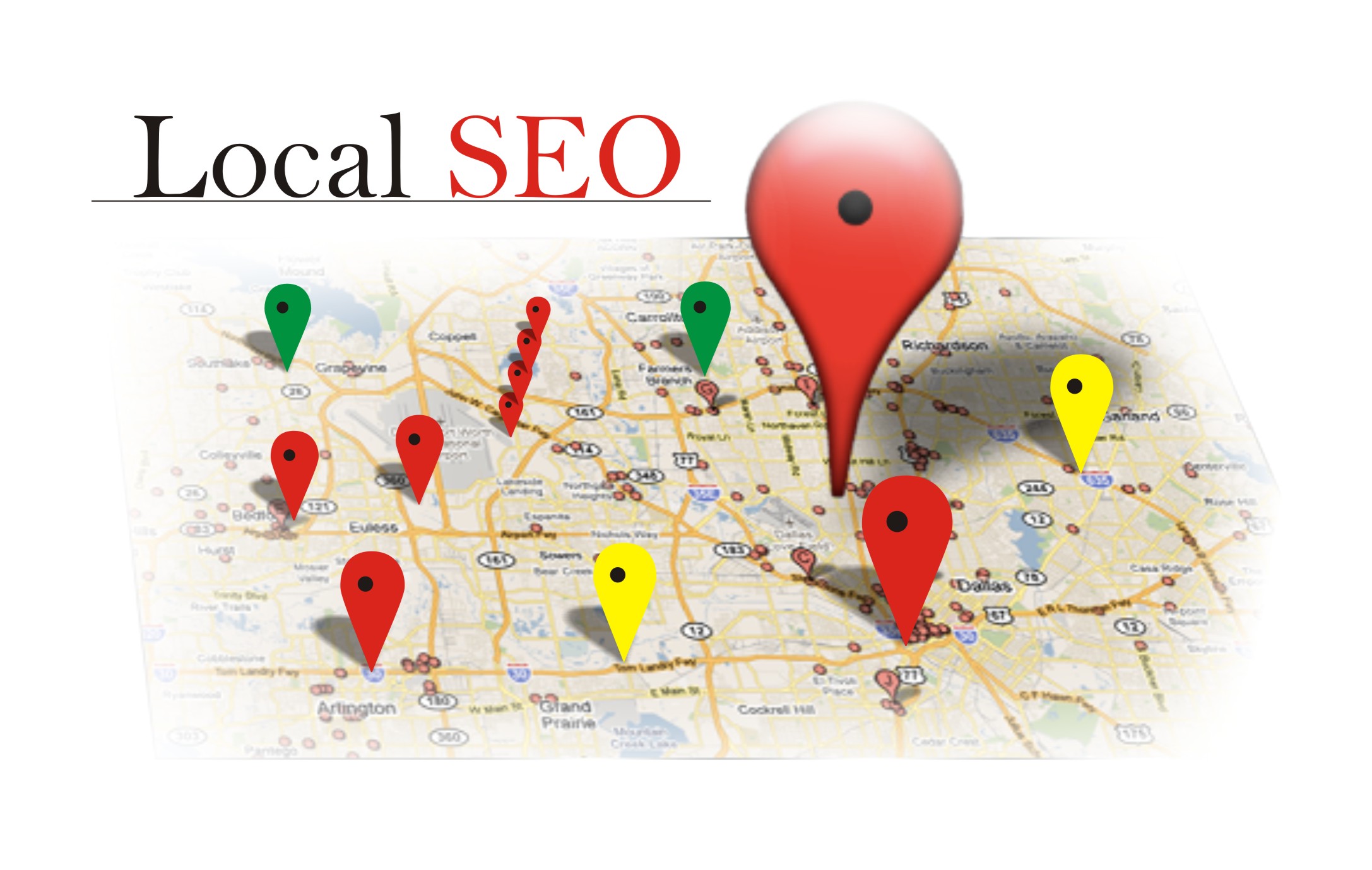The Internet is getting more competitive as time goes. This means it’s getting harder and the process of ranking high on Google, Yahoo and Bing are taking longer than it used to take only a few years ago. This has largely been caused by the high number of new and competing websites being launched. This has largely affected small to midsized businesses which rely heavily on organic SEO (Search Engine Marketing) as opposed to paid SEO and Pay-per-click marketing. The answer to this is Local SEO.
If done right, local SEO can be very rewarding especially for businesses which provide goods and services within a defined geographical location. Instead of going broad and missing the mark, small to mid-sized businesses can instead craft their marketing strategies to target a particular geographical area. Below are 3 quick local SEO tips that can get any business on a winning path
- Invest in keyword research
Keyword research is the bedrock of local SEO. A business must determine what local keywords that customers in their target location are typing in the search engines. High-quality content must then be created around these keywords. This is one of the most important first steps in local SEO.
Understandably, many business owners are not adept at keyword research. This means they must hire an expert. One of the leading companies when it comes to local SEO is Figment.
- Get on Google Maps
Today’s customer will most likely search for local businesses using the navigation apps on their mobile device, most specifically, Google Maps. This means any business that wants to attract local customers must have a Google Maps page. This involves visiting Google My Business page and registering or login in with their Google ID.
Need help launching your Google My Business page? Figment is a local SEO expert
- Build a mobile-friendly website
This fact cannot be understated. In conjunction with the above point, a business must have a website that is mobile friendly. As earlier stated, the average customer today will most likely be searching for local goods and services using their mobile device. Google Maps will pull up the business, but before the customer makes a decision, they will first conduct quick research. This means visiting the business’ website.
If the business’ website is not mobile friendly, it renders incorrectly on the device and will most likely repel the customer. This can translate to lost sales for the business.
If you need help launching a mobile-friendly website, contact Figment SEO Agency.

Ryan Myers is a business blog author and writer. He graduated from the University of California, Berkeley in 2009 with a degree in Political Science. His favorite topics to write about are blogging for small businesses and becoming an entrepreneur.













